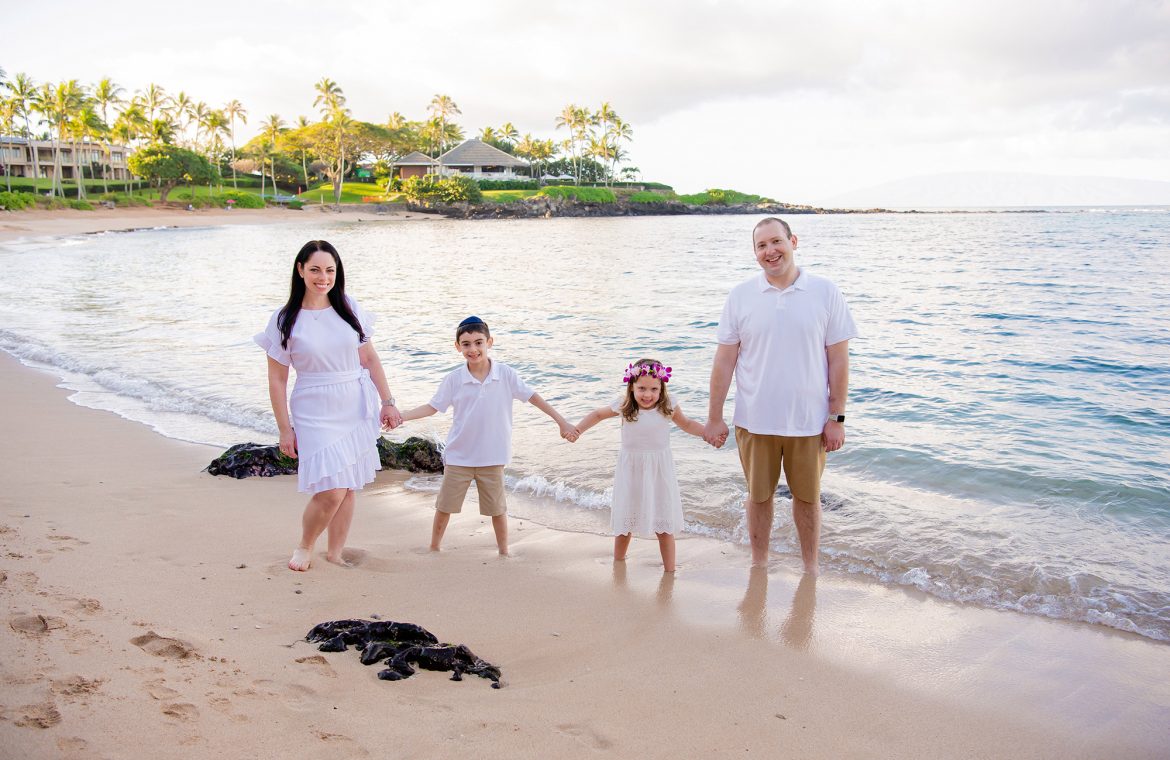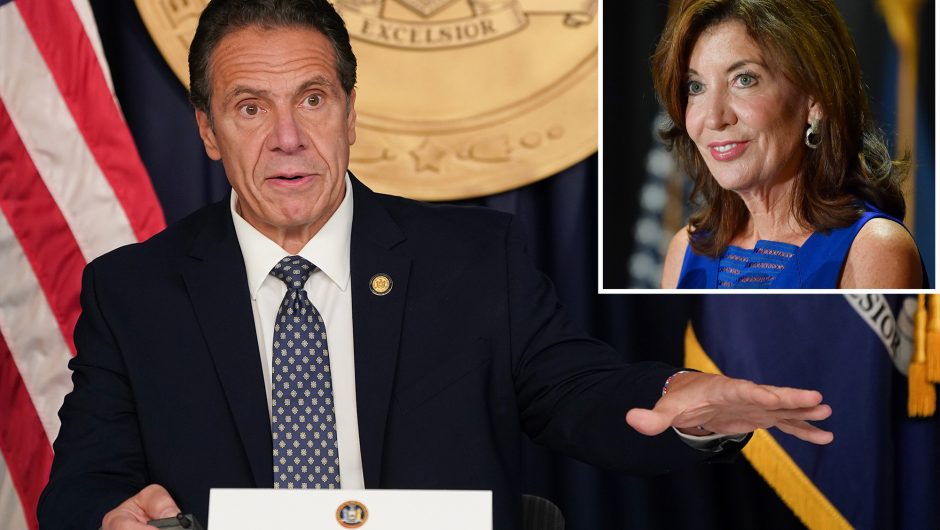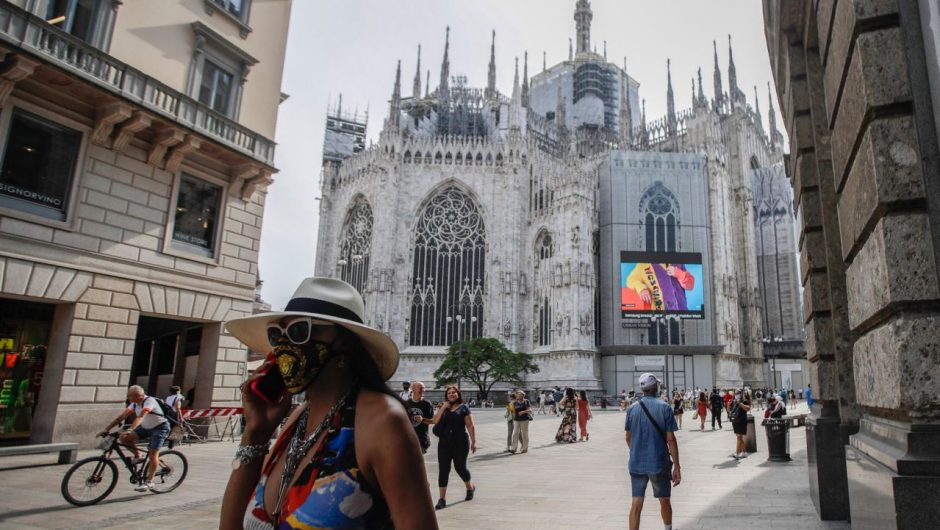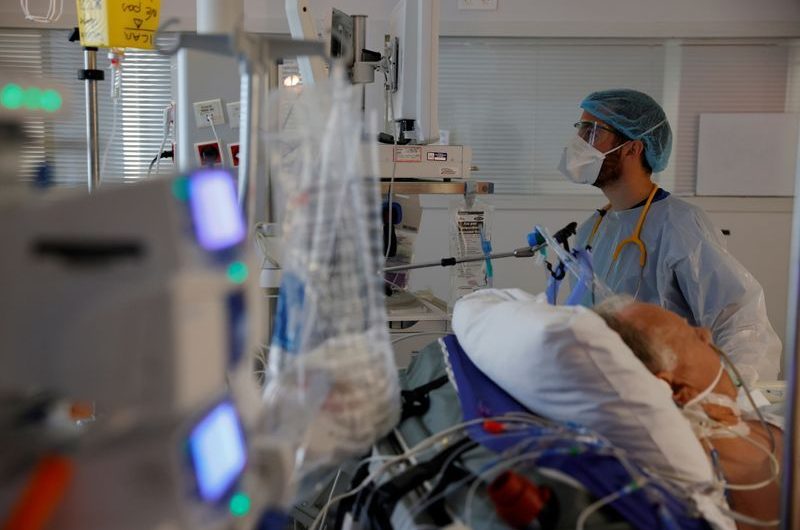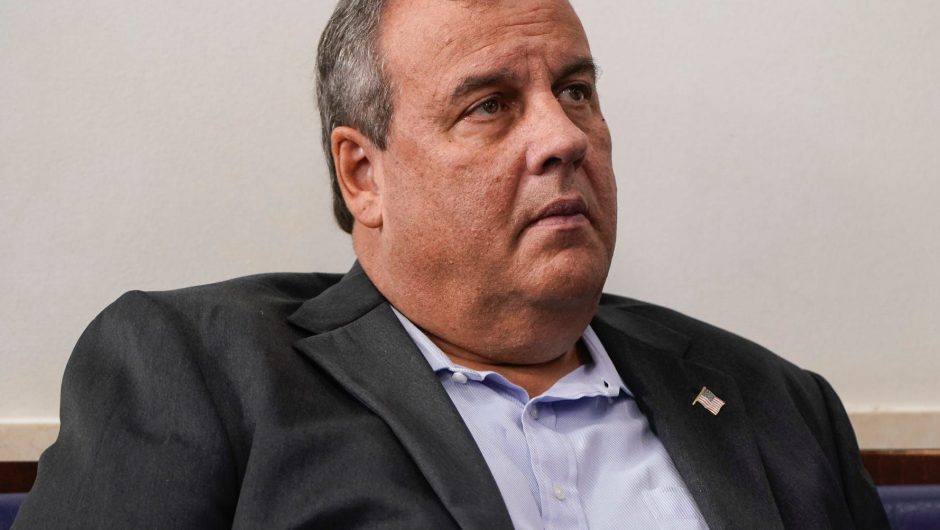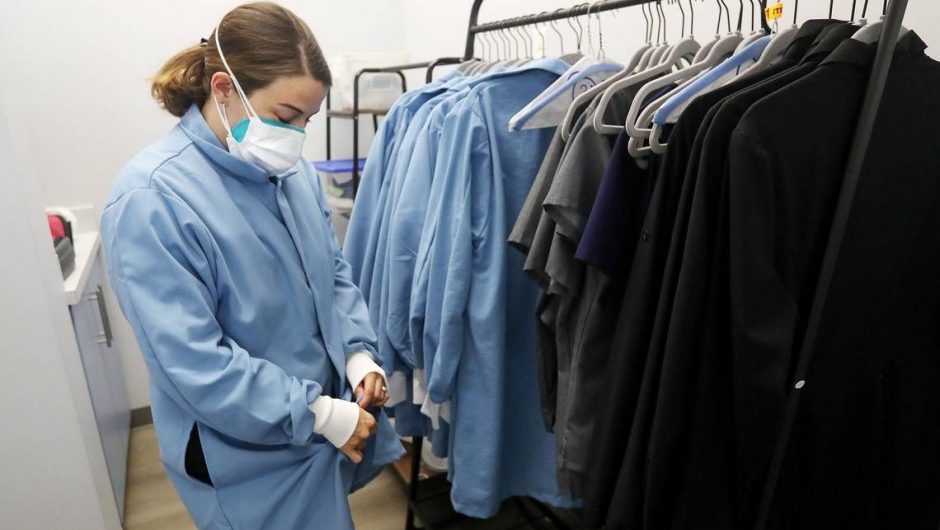A New Jersey man who spent about three weeks on a ventilator while sickened with the coronavirus has undergone a cochlear implant at a Big Apple hospital – after joining the ranks of patients who have suffered hearing loss as a result of the illness.
Michael Goldsmith, 34, of Bergenfield, was diagnosed with COVID-19 on March 15 and was hospitalized at Hackensack University Medical Center, where he was put into a medically induced coma and treated with a variety of medicines, including hydroxychloroquine and antibiotics.
His case drew national attention when his family fought for access to remdesivir – the antiviral drug that President Trump received during his recent bout with the illness.
When drugmaker Gilead loosened its restrictions to allow younger patients like Goldsmith to access the medication, he was too far into the illness to benefit, according to a report in Business Insider.
After finally been removed from the ventilator, the father of two young kids was transferred to a step-down unit, where he began to experience the hearing loss – though he didn’t realize it at first.
“They would call me on the phone to check on me and all I could hear was Charlie Brown’s teacher,” Goldsmith told The Post in a phone interview Wednesday, referring to Miss Othmar’s famous “wah wah.”
Michael Goldsmith returns home after he was hospitalized with COVID-19 in March.Courtesy of Goldsmith family
“I’d say, ‘The phone is broken, I can’t hear you’ and hang up,” he said. “They replaced the phone, but only when I got home did I realize I couldn’t hear out of my left ear.”
Goldsmith then received the bad news from experts that he suffered from “profound hearing loss” and would need a cochlear implant, a neuroprosthetic device that bypasses the normal acoustic hearing process by using electric signals that directly stimulate the auditory nerve.
The Goldsmith familyCourtesy of Goldsmith family
On Sept. 25, Dr. J. Thomas Roland, co-director of the NYU Langone Health’s Cochlear Implant Program, performed the first part of the surgery, in which the device was implanted in the cochlea, the spiral cavity of the inner ear that transforms sounds in neural messages.
On Monday, he is scheduled to get the speech transmitter worn behind the ear.
“Hopefully, I’ll be able to hear and I won’t have tinnitus,” Goldsmith said, referring to the ringing in the ear that he has experienced ever since his hospitalization.
Meanwhile, he has been wearing CROS – or Contralateral Routing of Signals — hearing aids, which are used when a person has hearing loss in one ear. They transmit sound from the compromised side to the functional ear to provide a bilateral hearing.
Meanwhile, research continues into how the coronavirus impacts hearing.
Researchers at John Hopkins Hospital who studied the autopsies of three patients who died of COVID-19 found genetic traces of the bug in the ears of two of them — showing that it can physically infiltrate the ears, according to Very Well Health.
But Caitlin Barr, an audiologist and CEO of Soundfair Australia, said it’s unlikely that the virus enters the ear canal like it enters the mouth and nose.
Michael Goldsmith
She said the cochlea “is made up of tiny auditory hair cells that can easily be damaged. The blood supply going to it is very small, so it’s very easy for a virus that’s in your bloodstream to go into your cochlea.
“Just a small amount can have a really big impact, and this is most commonly what causes the damage,” Barr told the news site.
Kevin Munro, a professor of audiology at the University of Manchester in the UK, said that hearing loss tends to appear later in the course of a COVID-19 infection, or even after recovery.
Michael Goldsmith’s family welcomes him home after he was hospitalized with COVID-19.Courtesy of Goldsmith family
“What surprises me the most is the number of people who are reporting problems with their hearing—I’ve been getting hundreds of e-mails from people telling me they’re experiencing hearing loss or tinnitus,” Munro told Very Well Health.
“Still, I think we have to be careful and not say that COVID-19 is causing everyone to be deaf. We can say that more than one in 10 people are reporting that something has changed with their hearing, but we still don’t know everything about it,” he said.


